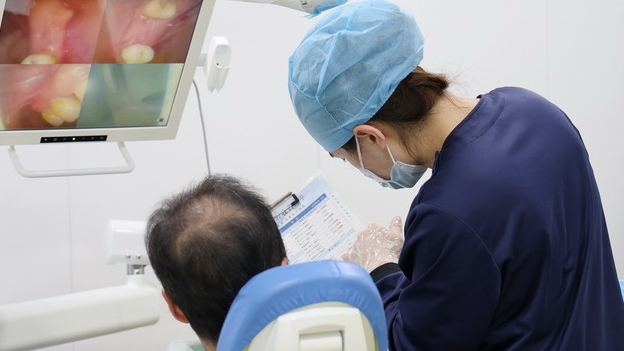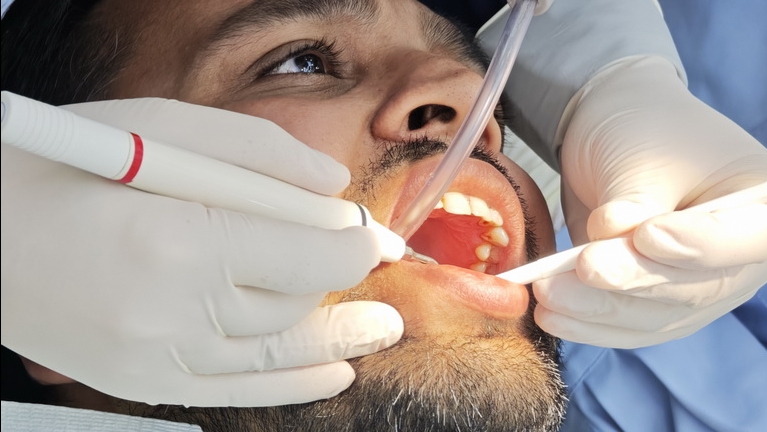Maximizing the Lifespan of Your Dental Implants
The Ultimate Guide to Post-Oral Implant Care
Dental implants have revolutionized the field of restorative dentistry, offering a durable and natural-looking solution for missing teeth. However, to ensure that your investment in oral implants stands the test of time, proper post-operative care is crucial. In this guide, we'll explore the best practices for maintaining your dental implants and enjoying a healthy, beautiful smile for years to come.
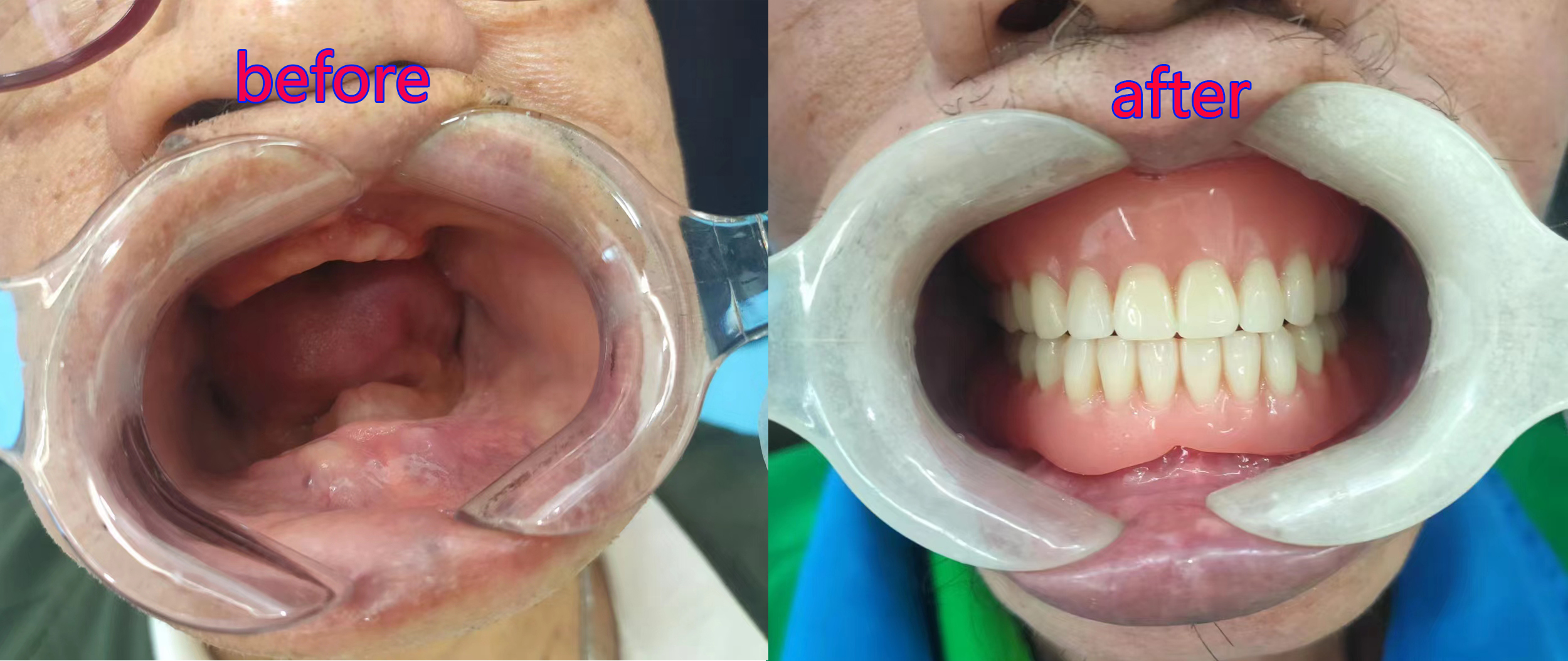
Understanding Dental Implants
Before delving into the care routine, it's essential to understand what dental implants are and how they work. A dental implant is a small, screw-like device typically made of titanium. It is surgically placed into the jawbone, serving as a replacement for the tooth root. Over time, the implant fuses with the bone through a process called osseointegration, providing a stable foundation for a replacement tooth or dental prosthesis.
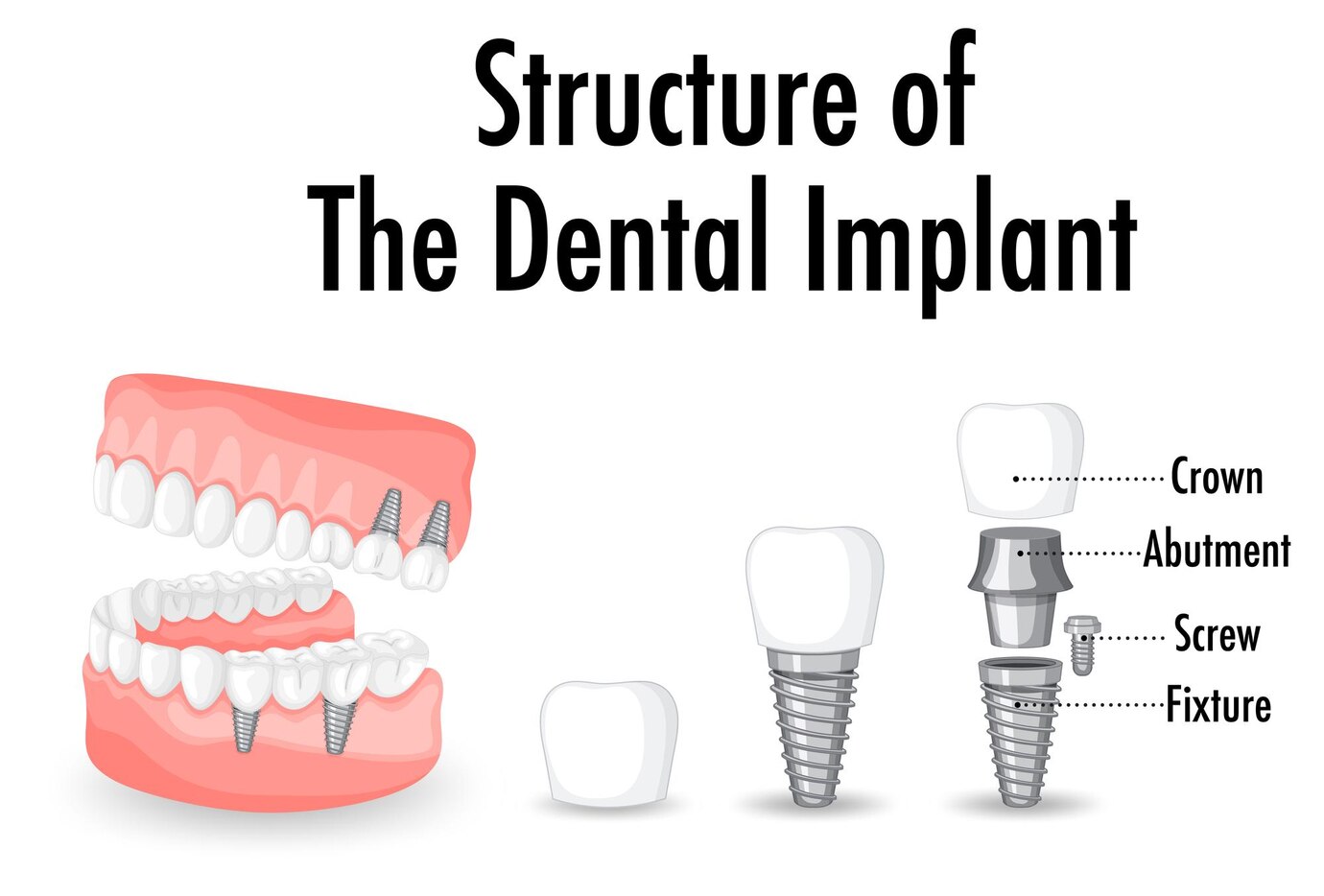
Dental Implant Structure
Fig 1: Diagram showing the structure of a dental implant, including the implant post, abutment, and crown.
Immediate Post-Operative Care for dental implanted
In the days following your implant surgery, your dentist will provide you with specific instructions tailored to your situation. Here are some general guidelines to follow:
1. Pain Management: Expect some discomfort, swelling, and bruising in the treated area. Your dentist may prescribe pain medications or recommend over-the-counter pain relievers to manage the pain. Follow the dosage instructions carefully.
2. Bleeding Control: Mild bleeding is normal immediately after the surgery. Bite down on a sterile gauze pad for 30-45 minutes to help control the bleeding. If the bleeding persists or is heavy, contact your dentist right away.
3. Ice Application: Applying ice packs to the outside of your face in 15-minute intervals can help reduce swelling and discomfort. Do this for the first 24-48 hours.
4. Dietary Restrictions: Stick to a soft diet in the first few days after the surgery. Avoid hard, crunchy, or sticky foods that could damage the surgical site. Opt for foods like yogurt, mashed potatoes, and scrambled eggs.
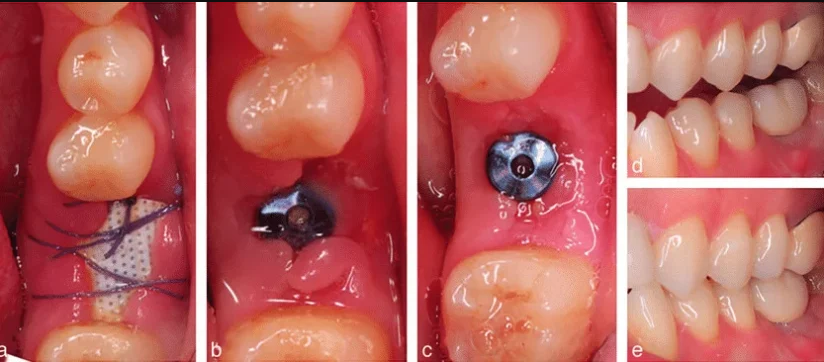
Long-Term Maintenance
Once the initial healing period is over, it's time to focus on long-term maintenance to keep your dental implants in top condition.
1. Oral Hygiene
Good oral hygiene is the cornerstone of implant longevity. Brush your teeth at least twice a day using a soft-bristled toothbrush and fluoride toothpaste. Pay special attention to the area around the implants, ensuring that you clean all surfaces thoroughly. Floss daily to remove plaque and food particles from between the teeth and implants. Consider using an interdental brush or water flosser for more effective cleaning in hard-to-reach areas.
Oral Hygiene Routine
Fig 2: An illustration demonstrating the proper way to brush and floss around dental implants.
2. Regular Dental Check-Ups
Schedule regular dental check-ups and cleanings with your dentist or periodontist. During these visits, your dentist will examine the implants, check for signs of infection or damage, and perform a professional cleaning. Early detection of any issues can prevent them from escalating and potentially compromising the success of your implants. Aim to visit your dentist at least every six months, or as recommended by your dental professional.
3. Avoid Bad Habits
Certain habits can put unnecessary stress on your dental implants and increase the risk of damage. Avoid habits such as teeth grinding (bruxism), smoking, and excessive alcohol consumption. If you grind your teeth, your dentist may recommend wearing a nightguard to protect your implants and natural teeth. Smoking has been shown to increase the risk of implant failure, so quitting smoking is highly recommended for optimal implant health.
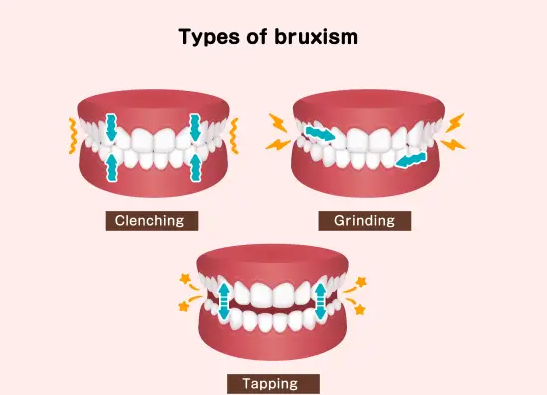
4. Watch Your Diet
Maintaining a balanced diet not only benefits your overall health but also your dental implants. Consume a diet rich in fruits, vegetables, lean proteins, and whole grains to ensure proper nutrition for your oral tissues. Limit your intake of sugary and acidic foods and beverages, as they can contribute to tooth decay and gum disease, which can affect the health of your implants.
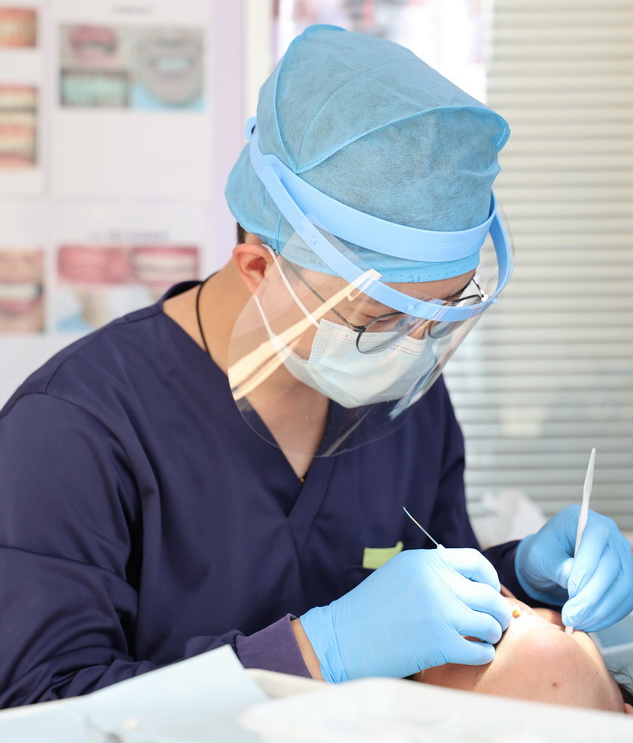
Conclusion
Taking good care of your dental implants is essential for maximizing their lifespan and ensuring your long-term oral health. By following the post-operative care instructions, maintaining excellent oral hygiene, scheduling regular dental check-ups, avoiding bad habits, and watching your diet, you can enjoy the benefits of your dental implants for many years to come. Remember, a little effort in implant care goes a long way in preserving your beautiful smile.
If you have any questions or concerns about oral implant care, don't hesitate to contact our dentist. We are your best resource for personalized advice and guidance on keeping your dental implants healthy and functional.
